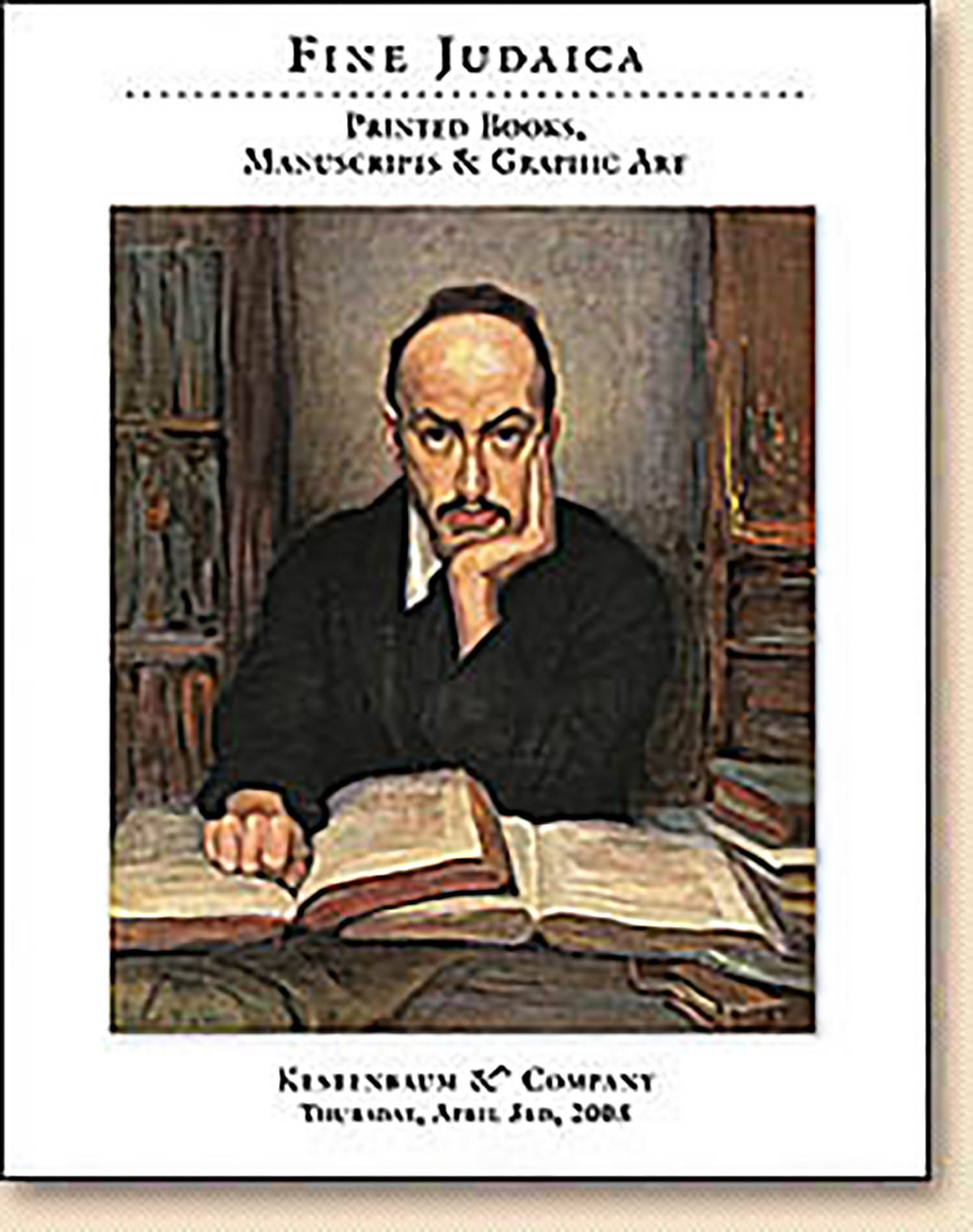Mateh Dan-Cuzari

AUCTION 39 |
Thursday, April 03rd,
2008 at 1:00
Fine Judaica: Printed Books, Manuscripts, Autograph Letters & Graphic Art
Lot 248
NIETO, DAVID
Mateh Dan-Cuzari
London: Thomas Ilive 1714
Est: $12,000 - $15,000
EXTREMELY RARE. ALL THREE ISSUES OF THE FIRST EDITION OF HAHAM NIETO’S MAGNUM OPUS - INCLUDING THE PARTICULARLY SCARCE SPANISH ONLY ISSUE (Solomons traced only three complete copies extant).
Haham of the Spanish & Portuguese Synagogue in London, David Nieto (1654-1728) composed the Mateh Dan as a defence of rabbinic Judaism from the scorn of free-thinking former Marranos. Nieto considered his work a continuation of the tradition of Judah Halevi’s Cuzari (Fano, 1506) a philosophical exposition of Judaism, opposing the attacks of Karaites, heretics and other creeds.
Nieto states in his introduction the reason behind his two-fold title “Mateh Dan-Cuzari Chelek Sheni” is as follows: Dan is the initials of the Author’s name and Mateh is the Hebrew word for stick. Thus the Author sought to “smite the Karaites with the rod of truth and logic" and reveal the weaknesses of their faulty arguments. The sub-title "Cuzari Chelek Sheni" highlights the fact that Nieto was following in the footseps of Judah HaLevi, author of the original Cuzari. Although the purpose of the Cuzari was to prove the validity of the Bible, Nieto concentrates on the the Oral Tradition of the Torah, which HaLevi treated only in a general manner.
For a Census of the rare Spanish issue of the Mateh Dan see Israel Solomons, David Nieto and Some of His Contemporaries, in JHSET, Vol. XII (1931) pp.26-7
